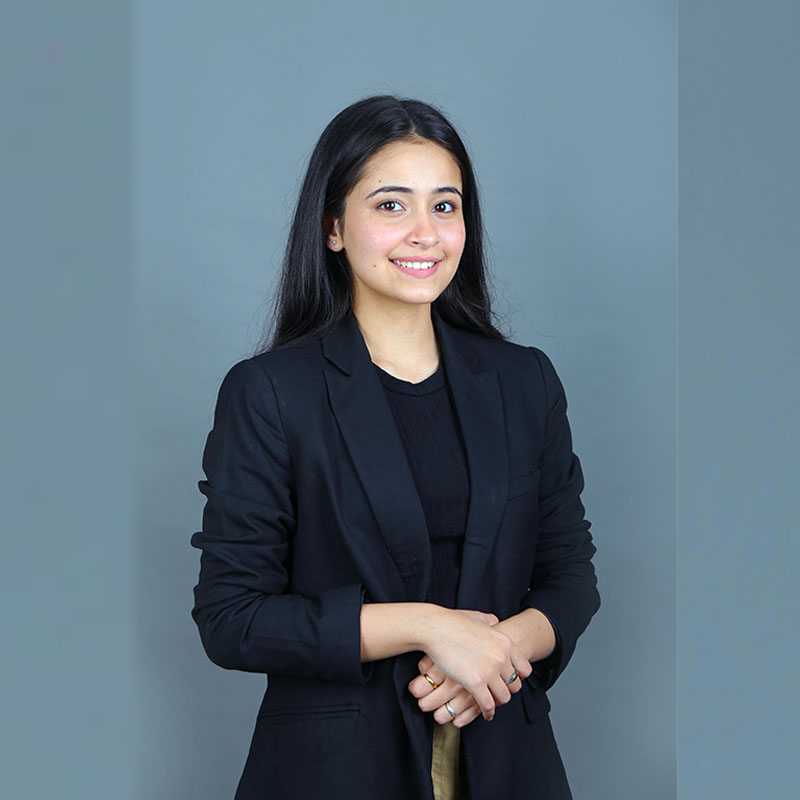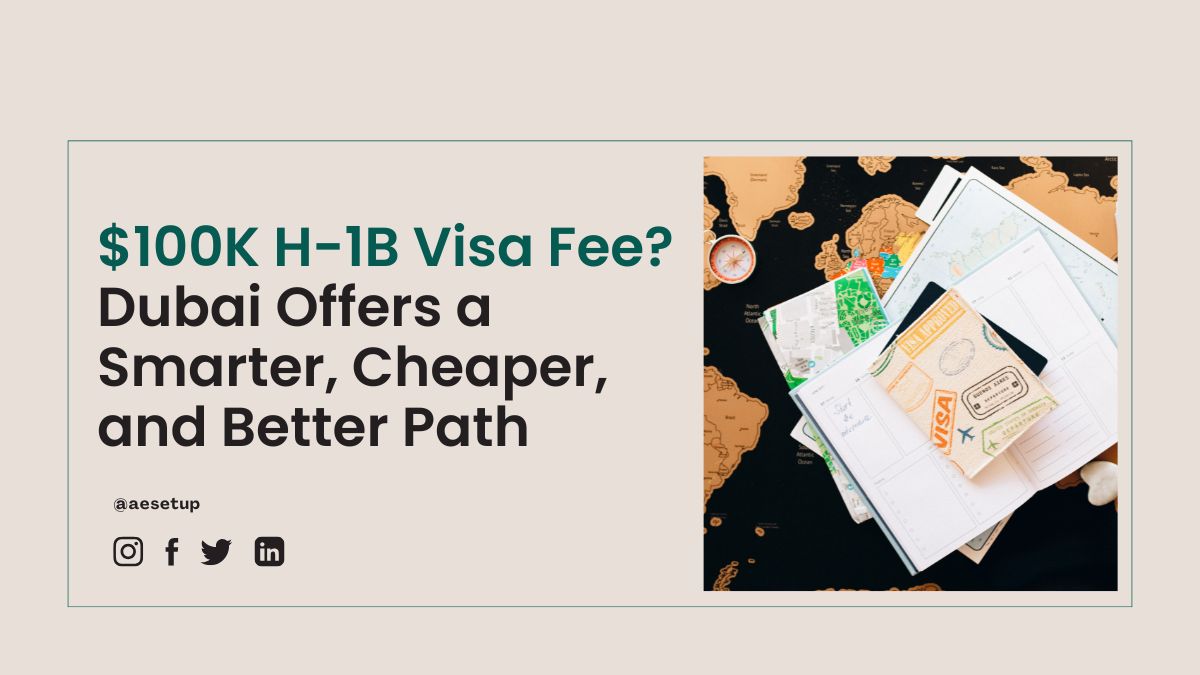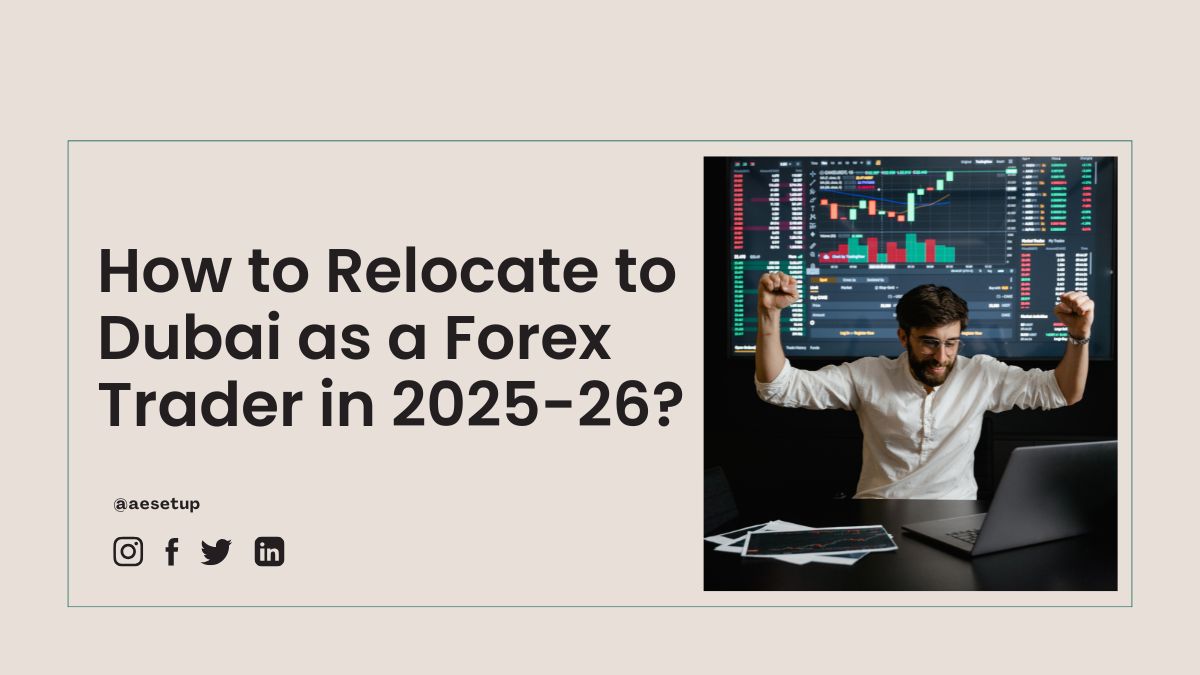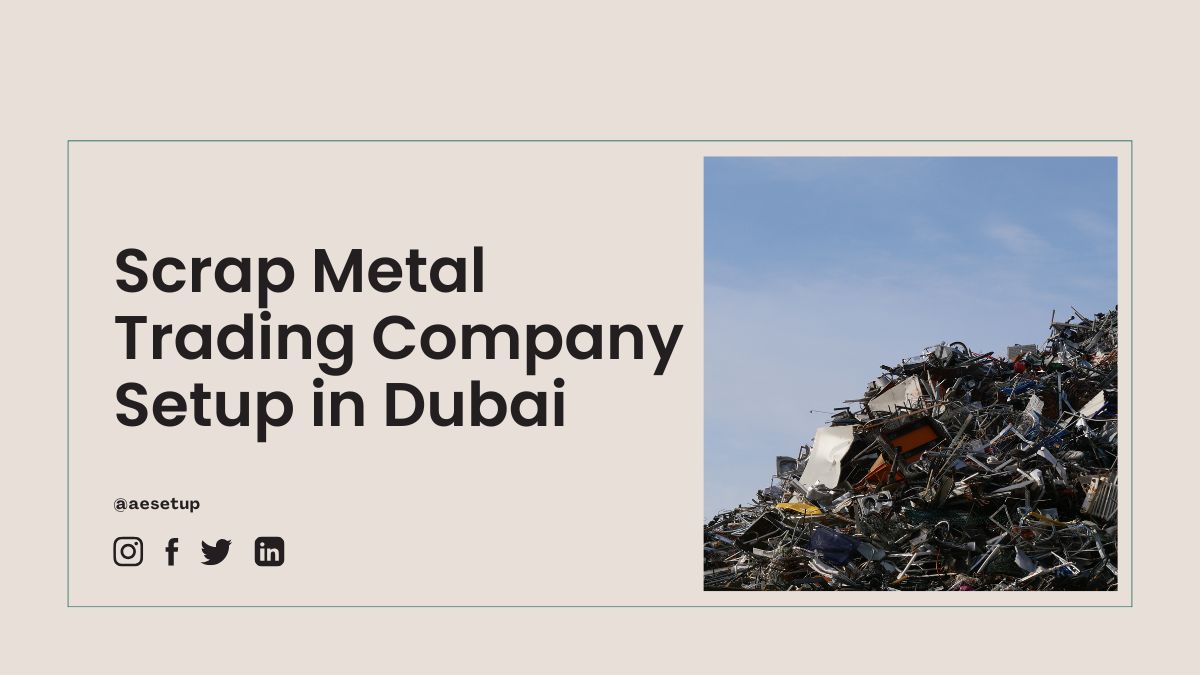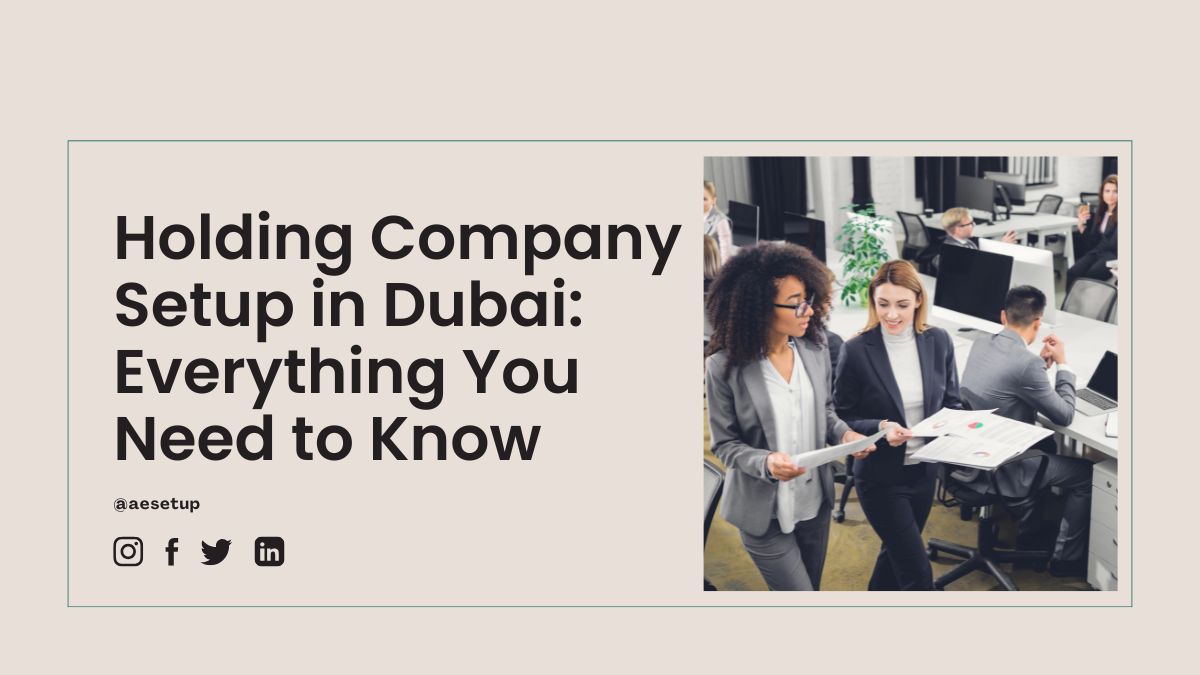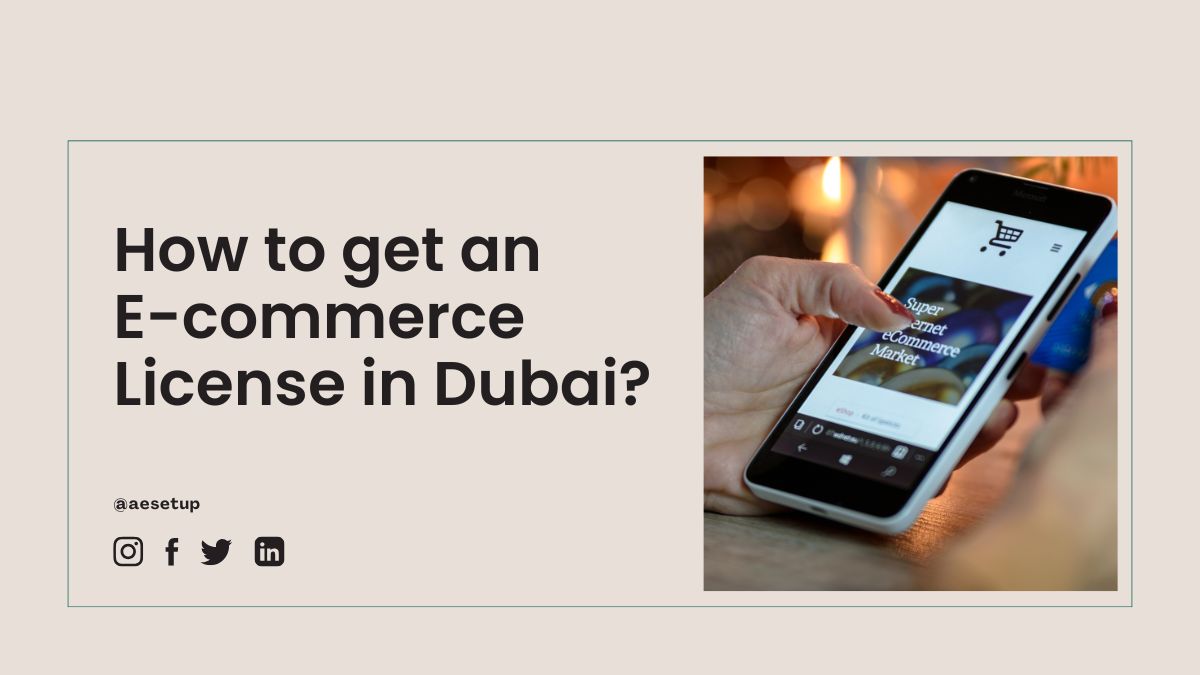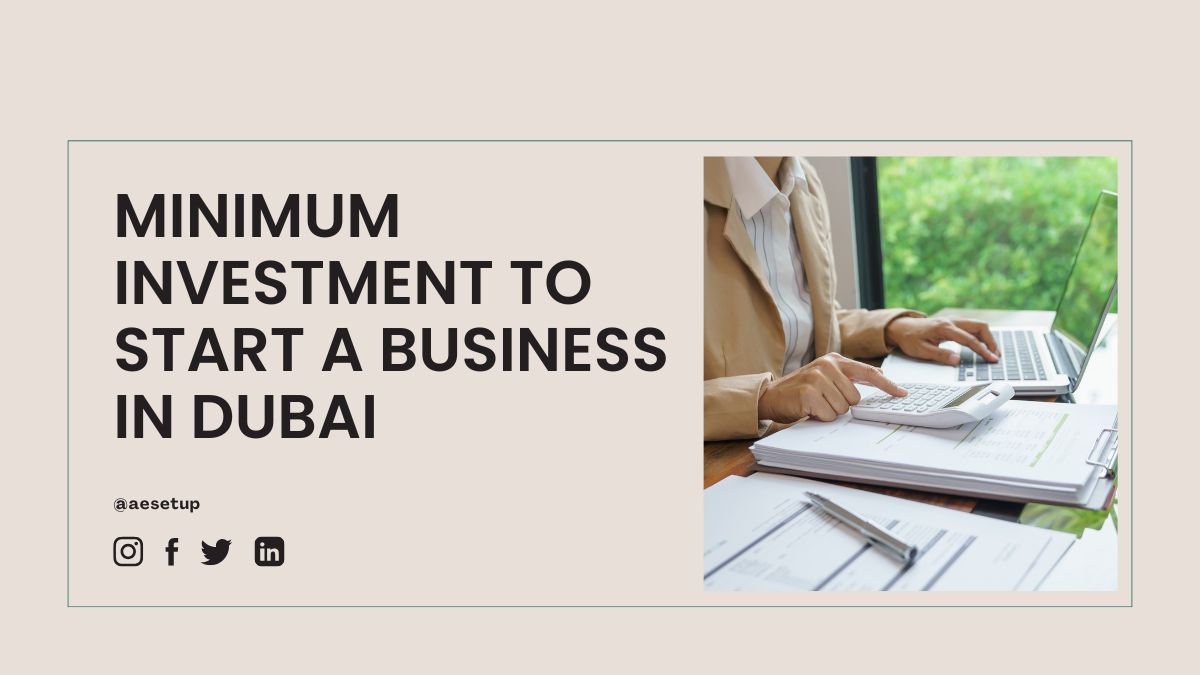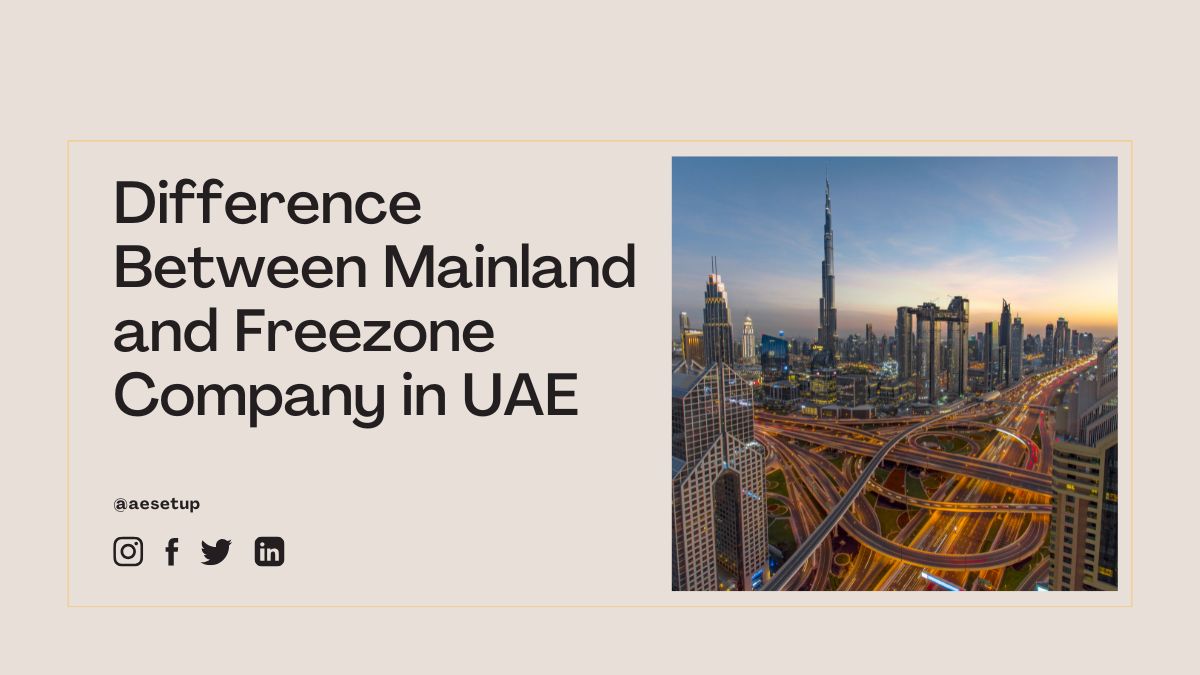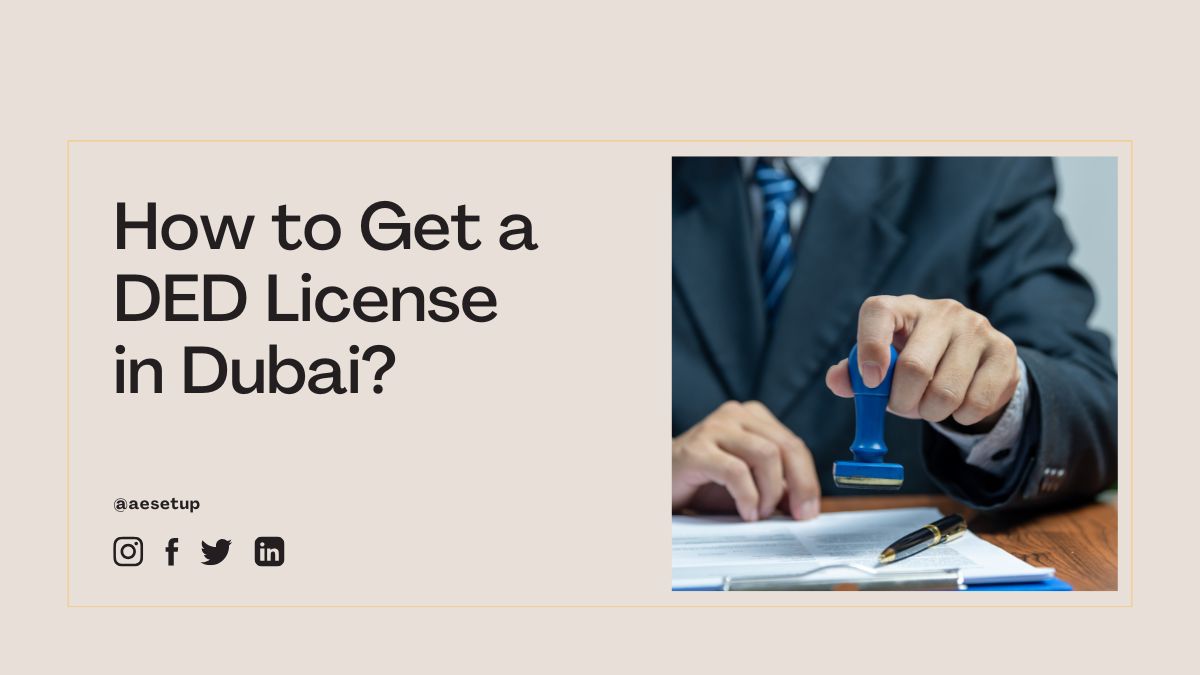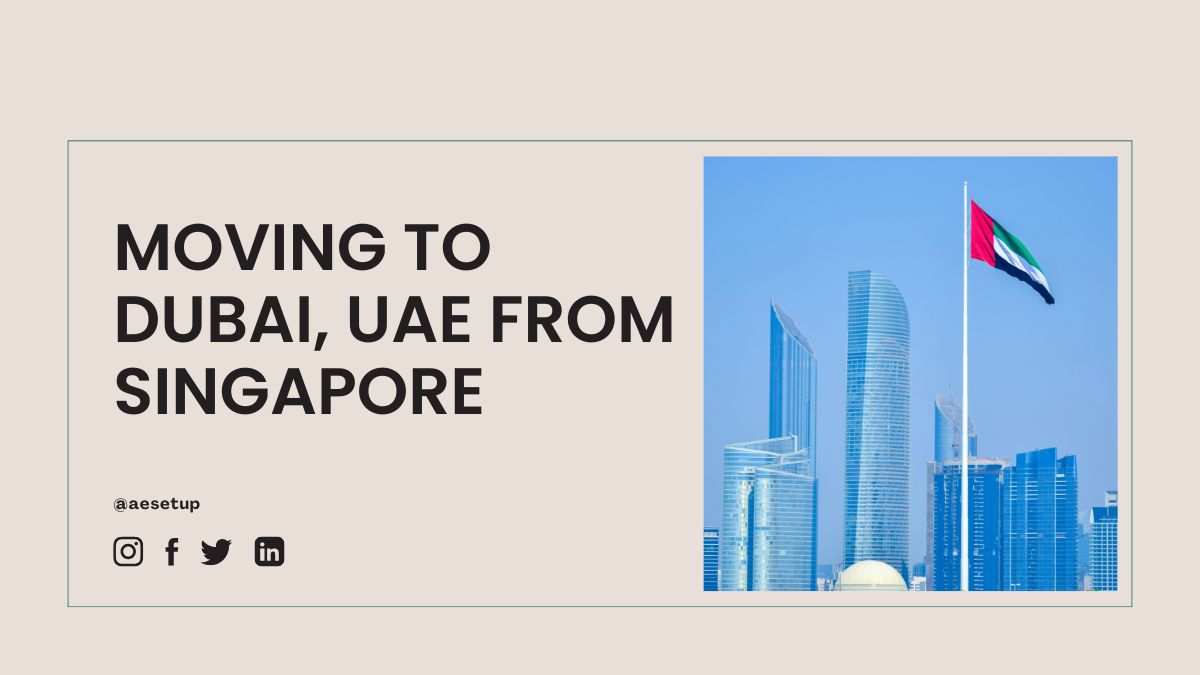Dubai has quickly become one of the most exciting places in the world for financial businesses, and the forex trading sector is no exception. If you’re looking to start a Forex trading company in Dubai, you’re choosing a city that’s well-connected, business-friendly, and packed with global opportunities.
Dubai is perfectly located between major markets in Europe, Asia, and Africa, making it ideal for 24/7 trading. It also has strong financial regulations through authorities like the Dubai Financial Services Authority (DFSA) and Securities and Commodities Authority (SCA), so your business will operate with international standards in place.
Forex and commodity trading are also growing fast here. For example, the DIFC (Dubai International Financial Centre) reported a 37% revenue increase in 2024. Big global trading firms like BlueCrest and Brevan Howard have already set up shop in Dubai. Plus, the Dubai Gold & Commodities Exchange (DGCX) supports trading in everything from currencies to gold, giving you plenty of options.
So, here’s how to start a Forex trading company in Dubai.
What is a Forex Trading Company?
A Forex (Foreign Exchange) Trading Company is a business that deals with the buying and selling of foreign currencies. The main goal is to profit from the changes in exchange rates between currencies like USD, EUR, GBP, JPY, AED, and many others. The global forex market is the largest financial market in the world, with daily trading volumes exceeding $7 trillion, and it’s open 24 hours a day, five days a week.
Forex trading involves exchanging one currency for another in a decentralised global market. It includes retail trading (individual traders), institutional trading (banks, hedge funds), and business-to-business currency transactions.
Types of Services Offered by a Forex Trading Company
A Forex company can offer various services, such as:
- Brokerage Services: Acting as a middleman between the trader and the market, offering a trading platform and access to currency pairs.
- Fund Management: Managing forex investment portfolios on behalf of clients or investors.
- Advisory & Consultancy: Providing market analysis, trading strategies, and personalised advice to clients.
- Liquidity Provision: Offering liquidity services to other brokers or trading firms.
- White Label Solutions: Helping startups launch their own forex trading platforms using pre-built tech and licenses.
B2B vs. B2C Forex Trading Models
There are mainly two business models a forex company can operate under:
B2C (Business-to-Consumer):
- Targets individual traders or retail investors.
- Offers trading platforms, tutorials, demo accounts, and customer support.
- Ideal for startups or brokerages focusing on volume-based revenue.
B2B (Business-to-Business):
- Works with other brokers, financial institutions, or white-label clients.
- Offers backend systems, liquidity, or platform solutions.
- Typically suited for larger, well-established companies or fintech firms.
Is Forex Trading Legal in the UAE?
Yes, forex trading is fully legal in the UAE, but only through licensed and regulated entities. Operating a forex brokerage or trading business without a proper license is prohibited by federal law.
Key Regulatory Bodies in the UAE
Three main regulatory authorities are overseeing Forex and financial activities in the UAE:
1. DFSA – Dubai Financial Services Authority
Regulates financial activities in the Dubai International Financial Centre (DIFC). Ideal for companies targeting international clients with high compliance standards.
2. SCA – Securities and Commodities Authority
Regulates financial markets outside the DIFC and oversees licensing for onshore forex trading companies in the UAE. Issues licenses, enforces conduct rules, investor protections, capital requirements, and AML obligations.
3. UAE Central Bank
Regulates and supervises banking and financial services, and has the final word on monetary policies, including limits on leverage and fund transfers.
How to Choose the Right Jurisdiction for Your Forex Trading Company in Dubai?
One of the most important decisions you’ll make when you start a Forex trading company in Dubai is choosing the right jurisdiction. In the UAE, you generally have three options: Mainland, Free Zone, or Offshore.
| Feature | Mainland | Free Zone | Offshore |
| Regulation | SCA / UAE Central Bank | DFSA (DIFC), FSRA (ADGM), or other Free Zone authorities | No direct financial activities in UAE; governed by offshore laws |
| Ownership | 100% foreign ownership allowed | 100% foreign ownership | 100% foreign ownership |
| Licensing | Must comply with SCA and Central Bank | Licensed by specific Free Zone (e.g., DFSA in DIFC) | Not allowed to conduct onshore business |
| Setup Cost | Medium to high | Varies by Free Zone | Generally low |
| Physical Office Requirement | Required | Often required | Not required |
| Best For | Local trading and services | Regulated international forex trading | Holding company or online-only structures |
Licensing from Relevant Authorities
Depending on your jurisdiction, you’ll need to obtain licenses from the right regulatory body:
- DFSA (for businesses in DIFC)
- FSRA (for businesses in ADGM)
- SCA + DMCC (if you’re in DMCC and engaging in regulated activities)
- Central Bank of UAE (for payment services or financial intermediation in mainland)
These regulators will assess your business plan, capital adequacy, AML/KYC policies, and key personnel qualifications before granting approval.
Note: Not all Free Zones allow direct forex trading licenses in Dubai. You may need to apply for approval from DFSA, FSRA, or SCA, depending on your business model.
What are the Documents Required to Start a Forex Trading Company in Dubai?
The exact list can vary depending on whether you’re setting up in a Free Zone or the Mainland, but here are the common documents you’ll typically need:
- Passport copies of all shareholders
- Visa copies (if already a UAE resident)
- Proof of residence or utility bill (for KYC purposes)
- Passport-size photos
- Emirates ID (if applicable)
- Tenancy contract or Ejari certificate
- AML/KYC compliance policy
- Business plan
How to Start a Forex Trading Company in Dubai?
To start a Forex trading company in Dubai, follow these key steps:
1. Choose Your Jurisdiction
Decide where to set up your company:
DIFC is ideal for global forex businesses. Mainland is better for local market operations.
2. Define Your Business Activity
Choose the type of forex services you’ll offer:
- Forex brokerage
- Trading platform operator
- Managed forex accounts
- Financial advisory or analytics
3. Get Regulatory Approval
Apply for approval from the relevant regulator:
- DFSA for DIFC setup
- SCA for mainland operations
You’ll need to meet strict conditions like:
- Capital requirements
- Qualified staff
- AML/KYC systems
- Risk management framework
4. Reserve a Company Name
Choose a unique name that aligns with your services and comply with UAE naming rules (no religious or offensive words, etc.).
5. Apply for the Forex Trading License
Submit your documents and license application to the Free Zone authority or the Department of Economic Development (DED) + SCA (for mainland).
6. Appoint Key Personnel
Hire experienced professionals, such as, CEO, Compliance & Risk Officers, possibly CFO and other senior staff. Personnel must meet qualification standards set by DFSA/FSRA/SCA
7. Rent Office Space
Forex companies must have a physical office. Many free zones (like DIFC) provide ready-to-use office spaces as part of your setup.
8. License Issuance & Visa Processing
Upon approval, pay licensing fees and receive your official forex trading license. Apply for visas (Establishment Card, Emirates ID, medical, etc.) for shareholders, directors, and staff, usually within 2–3 weeks.
9. Open a Corporate Bank Account
Open a corporate, multi-currency bank account. Banks require your license, proof of capital, and office lease. Account activation typically follows license issuance and capital deposit.
Compliance with Anti-Money Laundering (AML) Laws
AML compliance is mandatory for all financial service companies in the UAE. Forex companies must:
- Conduct KYC (Know Your Customer) checks
- Monitor transactions for suspicious activity
- File reports with the UAE Financial Intelligence Unit (FIU) if needed
- Maintain proper records of clients and transactions
Non-compliance can lead to hefty fines, license cancellation, or criminal charges.
How Much Does a Forex Trading License Cost in Dubai?
The cost of setting up a Forex trading company in Dubai depends on your chosen jurisdiction – Free Zone, DIFC, or Mainland.
In the DMCC Free Zone, you can expect to pay between AED 18,500 to AED 28,500 for the forex trade license. Office space (like a flexi-desk) and visa fees can add another AED 10,000 to AED 25,000. Including legal, banking, and admin expenses, the total cost for the first year usually ranges from AED 88,000 to AED 126,500.
If you’re setting up in DIFC, the forex trading license cost is higher, starting around AED 32,000. A mainland setup is slightly more affordable, typically costing between AED 30,000 to AED 86,000, depending on your business model and office space.
For a more accurate estimate, it’s best to consult a business setup expert at All Emirate (AE) Setup.
What are the Benefits of Starting a Forex Trading Business in Dubai?
Starting a Forex trading company in Dubai comes with several advantages, such as:
1. Tax-Friendly Environment
The UAE offers 0% personal income tax and no corporate tax below a certain profit threshold (AED 375,000), allowing businesses to retain more of their earnings.
2. Strong Regulatory Framework
Dubai is home to globally respected regulators like DFSA (DIFC), FSRA (ADGM), and SCA, which ensure credibility, investor protection, and operational transparency.
3. Rising Demand for Forex and Commodity Trading in the Region
The Middle East and North Africa (MENA) region is seeing a surge in retail and institutional forex trading. Dubai, being the financial hub of the region, offers a growing client base with an increasing appetite for investment and hedging opportunities.
4. Multicurrency Banking and Payment Options
UAE banks offer multi-currency business accounts, fast settlement services, and integrations with forex payment gateways, making fund management easier for trading businesses.
5. Fewer Restrictions on Repatriation of Profits
There are no limits or taxes on profit repatriation in the UAE, which is especially important for international forex firms with offshore investors or clients.
Ready to Launch Your Forex Business in Dubai?
Dubai is a great place to start a Forex trading company. The demand for forex and commodities trading is growing fast, making now a great time to enter the market.
Of course, the process can be a bit detailed, especially when dealing with approvals from DFSA, FSRA, or SCA. But you don’t have to do it alone. AE Setup is here to help. Our experts can guide you through every step, from getting the right license and choosing the best location to handling compliance and paperwork.
If you’re serious about launching your forex business in Dubai, talk to us at AE Setup.
Frequently Asked Questions
1. How can I start a Forex trading company in Dubai?
To start, choose the right jurisdiction (Mainland or Free Zone like DIFC, ADGM, or DMCC), prepare your business plan and documents, apply for the license through the relevant authority (DFSA, FSRA, or SCA), and set up your office and bank account.
2. How do I move to Dubai as a Forex trader?
You can move to Dubai by applying for a residency visa, either through setting up your own licensed company or by working for a registered trading firm. AE Setup can help you with the visa process.
3. Which is the best Free Zone for a Forex company in Dubai?
DIFC (regulated by DFSA) and ADGM (regulated by FSRA) are best for fully licensed forex brokerages. DMCC is also popular for forex-related consultancy or support services.
4. Do I need a local partner to start a Forex company in Dubai?
No. In both Free Zones and Mainland UAE, 100% foreign ownership is allowed. You can fully own your Forex trading company.


